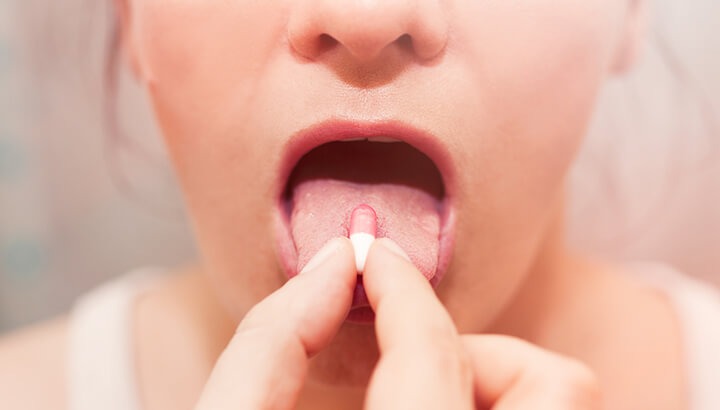We’ve all heard a great deal about the so-called “superbugs,” which refers to bacterial strains that have become resistant to antibiotics. Tales of life-threatening staph infections, flesh-eating bacteria, and deadly outbreaks of MRSA have understandably grabbed headlines and shaken the public.
Is The Conventional Wisdom “Finish The Whole Bottle” Wrong?
No doubt, superbugs are scary stuff and protecting yourself and your loved ones is a top priority. But what if some well-intentioned advice coming from the medical community is making the problem worse?
I am, of course, referring to the “complete the course” admonition everyone gets when their doctor writes an antibiotic prescription. For example, if your doctor tells you to take your antibiotic pills for ten days, then you’re not supposed to stop taking them just because you feel better after two days.
The rationale here has been repeated so often that most people assume it’s scientifically established fact. The idea is that taking an extended course of antibiotics will decrease the chance that bacteria can develop a resistance to the medications that are designed to kill them.
A Naturopathic Perspective on Antibiotic Resistance
Naturopathic physicians have been questioning this reasoning for a long time. We’ve done so for a number of reasons:
- The life cycles of bacteria are quite short. You can check out this Harvard video showing the evolution of bacteria in an enormous petri dish. As you’ll see, bacteria reproduce very fast and thanks to random mutations they can quickly develop resistance to antibiotics that they are exposed to.
- Increasing the time bacteria are exposed to antibiotics increases the chances of creating superbugs. In fact, your body is a lot like the huge petri dish in the video. Progressive infectious disease doctors like Louise Rice at Brown University (and naturopathic physicians like me) have argued that the longer you are exposed to antibiotics the more likely it is that invasive bacteria will develop antibiotic resistance. In fact, that’s exactly what was found in a new study published in the journal BMJ. Researchers concluded that “in many situations, stopping antibiotics sooner is a safe and effective way to reduce overuse, while taking antibiotics for longer than necessary increases the risk of resistance.”
- Naturopathic doctors have long argued that killing bacterial organisms is only one part of the equation. It is also important to bolster and support the immune system when it comes to treating infections. There’s a fair amount of evidence that the overreliance of antibiotics can actually weaken the immune system. That’s one reason I people should pay more attention to the antimicrobial and immune stimulating properties of herbal medicines and try to avoid prescription antibiotics unless they are absolutely necessary.
Tim Peto of the NIHR Biomedical Research Center at Oxford University summed up the recent BMJ study by saying, “We found that the common advice that it is ‘important for patients to finish their course of antibiotics in order to avoid the emergence of antibiotic resistance’ appears to be a modern myth, deeply embedded in our culture but based on no sound scientific evidence.”
Takeaway
So, there is emerging evidence that the prevailing wisdom about “completing the course” is actually something of a medical myth. Indeed, there are good reasons to believe that extending the time bacteria are exposed to antibiotics — in our bodies, in livestock, and in the food supply — may be exacerbating the risk of bacterial resistance.
Of course, in this context, I cannot offer any specific medical advice. However, you may want to discuss this topic further with your doctor. In particular, you may want to ask them about the possibility of shortening the course and considering taking the antibiotic for 48-72 hours beyond the point at which you feel better.
Taking the full course of antibiotics is a controversial topic and the jury is still out on the best way to prevent bacterial resistance. Nevertheless, recent research findings suggest that the conventional wisdom about “completing the course may be well-intentioned, but flawed. Of course, I hope you’ll stay healthy and won’t need antibiotics. But if you do, I hope this information will help you as you discuss your treatment options with your doctor.
Take good care,
Dr. Joshua Levitt









